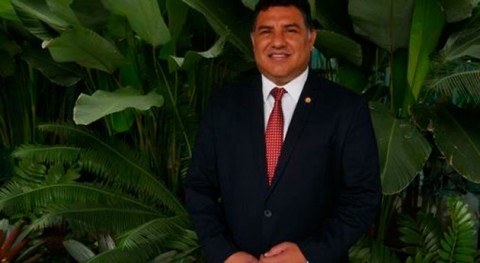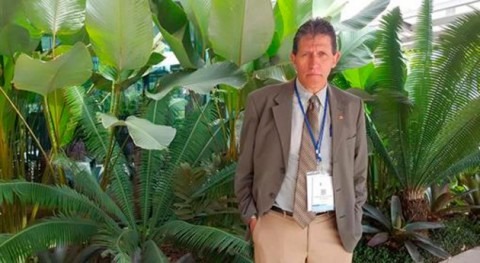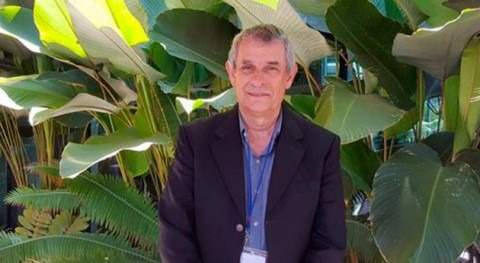Maureen Ballestero is an expert in water resource and natural resource management in Costa Rica; she has also supported for years the management of non-profit organizations. She has been one of the professionals most involved in organising the Latin American Conference on Sanitation, Latinosan, held last April in her country. We talk with her about the sanitation challenges in the region and the need to expand sanitation services and fight inequality.
Question: How can Latin American governments be convinced of the need to work on campaigns to promote hygiene and the right to sanitation?
Answer: The Latinosan conference is a regional-level effort to raise political will. Let's remember that it is not just a technical conference; it also has a political side to it, and things usually occur when there is political will.
As the president said in his opening address, we all have to convince the presidents, because to improve sanitation we need investment. But we also need awareness. We need a change in culture, from early childhood. It is an ongoing process, and Latinosan works towards that. Some 30% of participants are community organisations that provide drinking water and sanitation services in rural areas of Bolivia, Honduras, Paraguay, Costa Rica, Panama...the entire Latin American region.
Q: Is sanitation a challenge in rural areas?
A: Community organisations have done a great job to provide drinking water, but have overlooked waste water management. It is necessary to improve services in rural areas, where large gaps exist. We have to move forward in providing services through community organisations, not just concerning drinking water, but also providing latrines, in places where open defecation is the norm. And then we can move on from latrines to basic sanitation, and little by little ensure sanitation systems are suited for each geographical area.
Q: What have been the barriers up to now preventing some community organisations from managing sanitation?
A: Their priority has always been providing drinking water. And I think as human beings that is our primary need. Concerning sanitation, we need to explain the damage that lacking sanitation causes, and raise awareness. Explaining that it is a service, and that it must be paid for, is a priority.
Q: And what it the gap?
A: The gap exists because investments have largely concentrated in cities. And with tariffs that often do not even cover the costs, it is not possible to begin working on sanitation. If you go to the farthest part of the Peruvian or Bolivian Plateau, where a small community organisation provides the service, the cost is huge. They are isolated systems, with zero economies of scales. And so investments are costly.
Q: Another of the challenges related to unequal access has to do with disparities between men and women when it comes to water management. How is the participation of women in community water management evolving in Latin America?
A: I think women do participate. They are the main agents of change in their community because they educate their family. Anywhere in our region we can see that women are the first to fight to ensure water access for a greater number of days, because it is linked to the health of their family, to easing the burden of house chores, etc. But sometimes their participation has been made invisible.
Q: However, if you look at the members of Water Boards, most of them are men.
A: Yes, that is true. But in many cases, women are the ones who fought to put together the Water Board, generating that demand. Sometimes this has to do with who is the head of the household, and it is this person, a man, the one on the Board, because the service is under his name; this is where we make a mistake. But, at least in Costa Rica, women participate in the ASADAS (the water boards) to a great extent. With some drawbacks. For example, they would not be able to attend a conference like this, because it entails being away for three days and leaving behind their children and household, and that can be difficult. But I see women more and more empowered; every day I grow prouder of the skills they gain. Although we still have a long way ahead of us.






